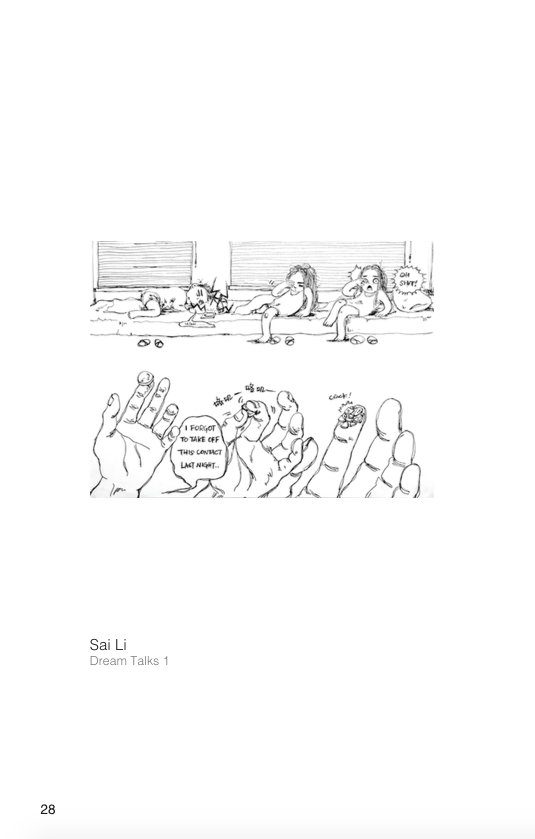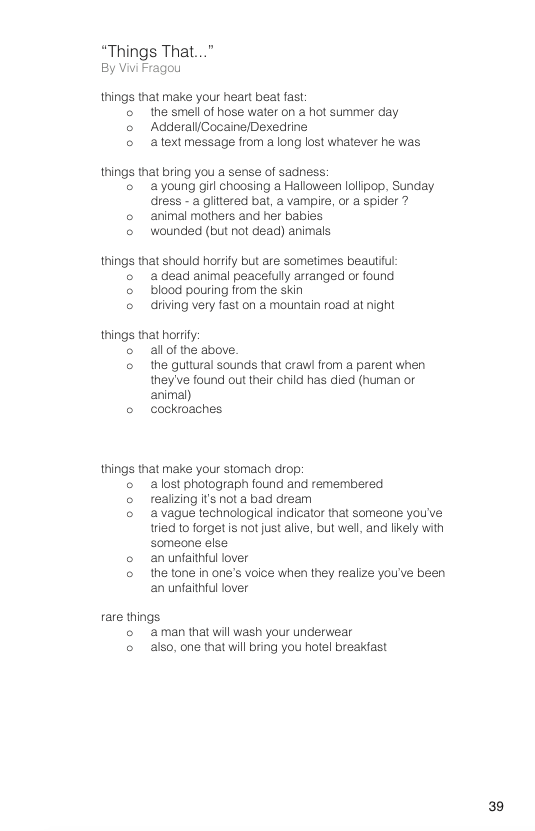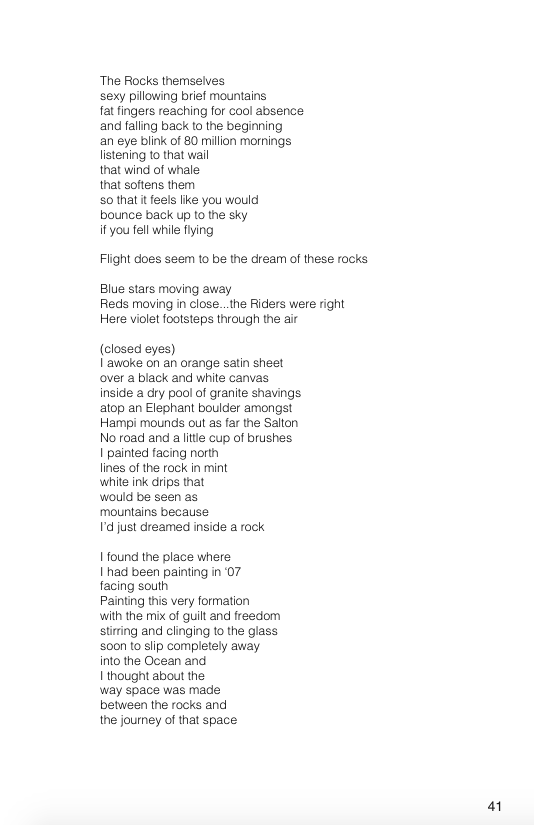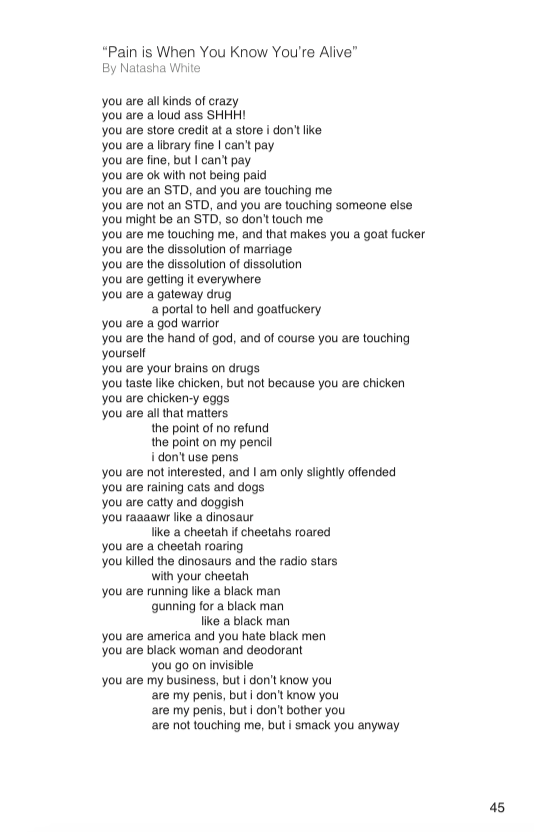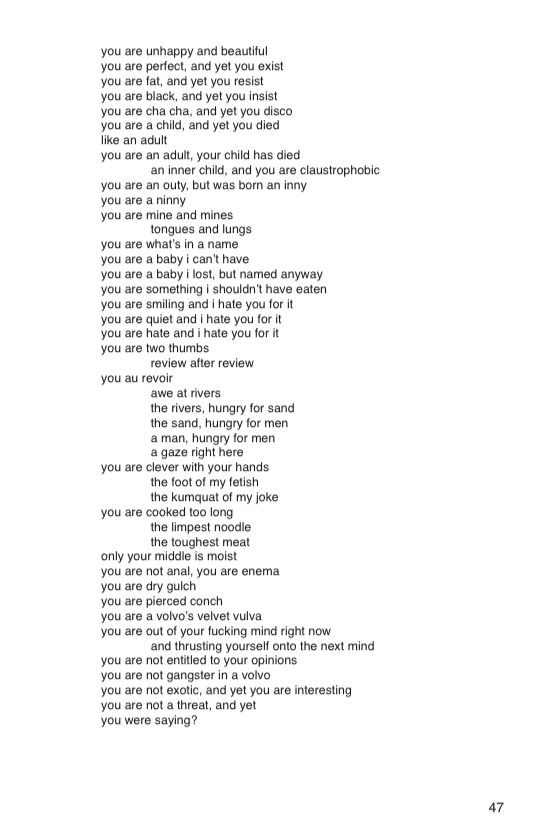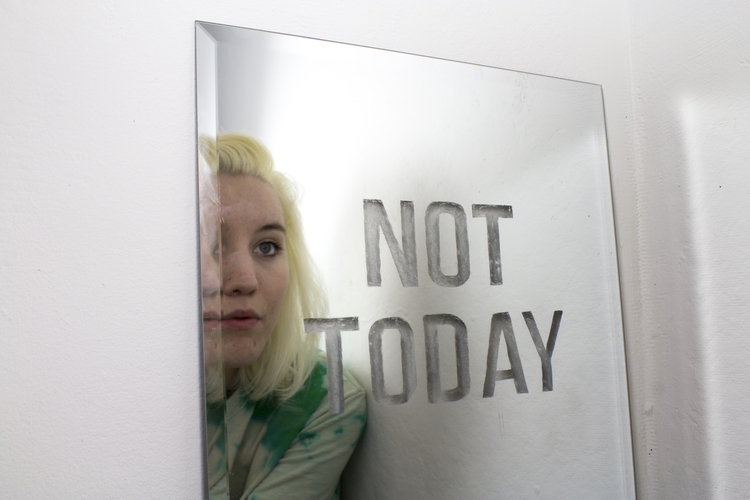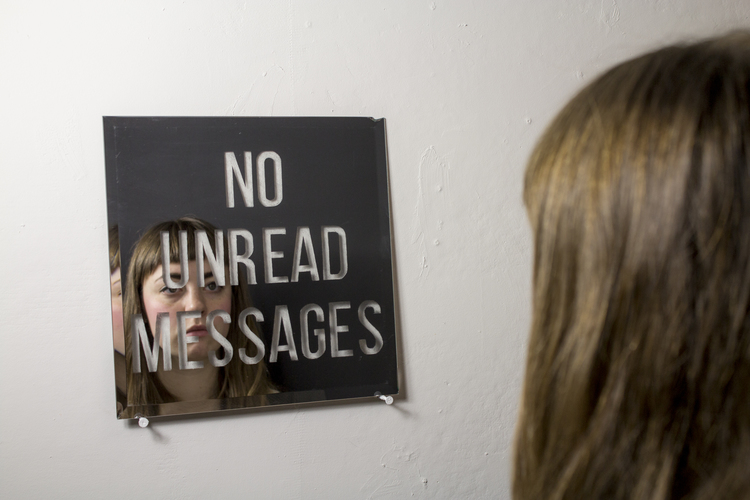The following scroll was found buried in the Tel Egot on the present day border of Israel and Syria December 15, 2018. Because of the dangerous border little archaeology had been done in the area. The language used is a cross between the Semitic Hebrew and Aramaic languages. From other sources we can infer that this was an arid area mostly populated by shepherds and vintners. Despite the frequent wars in the general area, there are few signs of battles in the land of the Eleni.
Due to the similarity to the Israelis society and structure, there is a suggestion that the Eleni may be another tribe of Hebrews, not acknowledged in Biblical sources either because they were expelled from Israel, or left voluntarily. They may have been Hebrews who did not migrate to Egypt and therefore have no knowledge of Moses and the Penteteuch. There are enough religous differences to indicate that their national god was not merely a copy of Y*w*h, but their practice of omitting the vowels is similar. Some see the Eleni as an Amarian people who copied some things from Israel.
There were many national gods in the early middle east. The scrolls give us a look at one that is vastly different than that of the Hebrews. We wonder what we could learn from the other nation gods of Israel’s small neighbors. For most of them, we only have reports from Biblical sources. We can’t help but wonder how history would have changed if the Eleni and their concept of a universal, pacificstic God had surivived and spread.
The annotations are based on collateral history and fragmentary scrolls from the same dig.
Professor Marcus Jacobs and the Oriental Institute of the University Of Chicago July, 18, 2020
THE ANNOTATED BOOK OF *LR*D (1)
THE BEGINNING
Before the beginning of time there was light (2). At the beginning of time the heavens exploded and stars and planets were hurled forth into the void. After time had passed, the oceans were formed. Plants and animals grew in the oceans and on the land. For ages giant serpents swam in the seas and wandered the land. Man and *lr*d (3), (4) were born. *lr*d gave dominion over the earth to man (5).
THE NATION
Men wandered accross the earth from the south. The followers of *lr*d lived for uncounted years in the land to the East between the rivers (6) after the great floods. Between the floods the Mekoni ruled the lands around the river and man ceased to wander the land. The learned people became settled and farmed and worked metal. In the time of Elgret (7) when war and famine cursed the land, a peaceful leader Manton (8) of the Eleni (9) arose. He led the Eleni across the rivers and deserts to our rightful land. For many generations people from the land of the rivers were delivered to the land of the trees (10).
For 50 years Manton ruled over the Eleni. He was a just and peaceful ruler. The people supplied lumber for the ships of Tyre and Sidon. The grapes of Elrod were made into wine drunk by Sidonians, Israelis and Philistines. Life was difficult, but the Eleni survived in peace (11). Eleni was free of wars because of the law and faith. *lr*d has condoned neither offending the gods of Israel and Aram, nor taking that which belonged to Israel nor Aram nor Bashan (12).
After the migration was completed the calendar began. The number of the people was 216000 and the year was 1 (13).
On the shortest day of the year the priests of *lr*d gave thanks to the sun and to *lr*d. They would say: Thank you for your light and may you return to full strength according to your eternal way (14).
Before the end of a long life and peaceful rule, Manton left this guide to the people of Eleni (15):
Look after your children, for they will inherit the land. Children, honor your parents for they have given you the gift of our nation.
Look after the old and infirm because so shall you be some day.
Respect our country and our land, but do not do harm to others.
Remember that our animals support us as we tend to them.
Eat not that which is found dead for it is only fit for vultures.
To take advantage through unfair dealings is to be less than a man.
A man with many vineyards and sheep who is fair and generous is to be honored and respected.
Plant when it is time to plant, reap when it is time to reap, and wage peace year around.
Be true to *lr*d, but respect the gods of other nations, for all gods are god with other names.
You are the dust of stars and the children of *lr*d.
Manton died without issue in year 55 (16).
The next ruler of the Eleni was Aburod. He was just and lived modestly. He collected and stored common food and goods for stortage for lean years and to provide for the unfortunate. The people were not over taxed and Aburod took only what he needed from his people. His eldest son Bin Aburod traded in the best Eleni wine for many goods and knew how rulers in the other countries lived. Bin Aburod was not pleased with one wife, simple clothes and a plain dwelling.
One day Aburod and Bin Aburod, went hunting. Bin Aburod came back alone and said "My dear father has died from a fall off a cliff. I will now lead the Eleni." Sorrow followed his rule. The year was 90.
Bin Aburod married Delok a woman of Syria. She wanted the finest of clothes and houses. She abused Bin Aburod's first wife Amia. To get her what she wanted, Bin Aburod kept less for the unfortunate and more for himself. When Eleni could not provide for the needs of him and his wife he organized raids on the Eleni clans unrelated to him. Many of his relatives were no long seen. Bin Aburod was hated within and without his clan..
In the year 103 Bin Aburod was found in his bed with a knife through his heart. Delok was sent away with what she wore on her back. and was never heard from again. The next ruler of Eleni was Amalia, Bin Aburod’s sister. Amalia tried to rule as her late father did, but the Eleni were broken by the acts of Bin Aburod and she ruled in sorrow.
Fragment missing; two hundred years may have passed
The clan of Dama in the East did not trust in the rule of one man. A council of elders decided on matters of governance and judgement. Seven representatives were chosen at first. If a councilor was lost, the rest would choose a new one. Dama ignored the ruler of Eleni, but Eleni was too weak to impose its will on the Dama.
The Eleni fell into squabbling families and all were poor.
Worse was to befall Dama and the rest of the Eleni as the River weakened. As the years advanced, the river disappeared (17). Different councilors urged different actions, but they could reach no agreement. A councilor would say "Dig a canal", but another would say "That is a big job, the river may come back". A councilor would say "Let us move our dwellings", but another would say "Where can we go"? The wind now lives in the land of the Eleni and the Eleni have left for the North, South, East and West. (18)
(1) They are composed about 610 BCE, but parts may have originated as early as 900 BCE. The exact time of the origin of the various chapters cannot be determined. The original legends may go back as far as 1800 BCE..
(2) As did Egypt under Amenhotep IV with Ra, the Eleni apparently worshipped a sun god. Cf. early Hebrew storm worship. The early *lr*d god concept evolved over time to be a more personal god.
(3) As in the Hebraic scriptures the name of God is not spoken.
(4) Early references to *lr*d are believed to be later redactions by the priests of *lr*d.
(5) Certain similarities in the cosmology of *lr*d to those of aboriginal people in the American Northwest, the Phillipines, the China - Burma border and India should be noted. The apparent similarity to modern theories is difficult to explain. So far, recent revisions to the scripture have been ruled out. Some are adamant that such modern ideas prove that the whole tablet is fake, but so far there is no proof.
(6) Historical and cultural parallels to the Hebrews are obvious. It is unclear where the Eleni lived before the great floods. The relationship between the floods of the Eleni and the singular flood of the Hebrews is unclear at this point. Both draw from the epic of Gilgamesh.
(7) Elgret appears to be one of the semitic kings of Mesopotamia, but we do not have sufficient information to determine which one.
(8) A Mantok appears in Mesopotamian texts of circa 900 BCE. He was a celebrated judge. He may be Manton.
(9) Eleni may have been a nation within Mesopotamia or a collection of people who did not want to live under Elgret. There is no record of the Eleni in Mesopotamian texts, so the latter may be the prefered theory, or it may be that they were not mentioned because of their unimportance.
(10) The original Eleni appear to be a mixed ethnic group based on genetic and blood testing from the oldest villages in the presumed homeland of the Eleni in northern Lebanon, and neighboring Syria and Israel. The original travelers were believed to be shepherds. Prior to the occupation by Eleni, the land was probably frequented by Arabs, but not permanently populated.
(11) There is little arable land in Eleni, hence the necessity of trading wine, lumber and sheep for some food.
(12) The reference to the gods of Israel, Bashan and Aram (Syria) is problematic. Was Israel polytheistic at the time this was written, and did the Eleni believe that Israel worshipped the Philistine Baals as well as Y*hw*h? This may have been written during Israeli backsliding. Part of the survival of Eleni surely must be ascribed to its lack of value to stronger neighbors, including the maritime cities of Phoenicia. Despite there being no reference to foreign overlords in the early scriptures, we can assume that the Eleni were never truly free, but were left alone subject to minor tribute payments.
(13) The number 216,000 is highly questionable. Early Eleni used the number 60 as a base from its Mesopotamian background. 60 X 60 X 60 = 216,000. In any case, it is doubtful that the small barren land would support that many people. It is further suspected that the choice year 1 was inserted in later writings.
(14) As with other early agricultural (although more limited than most) societies, Eleni saw the annual plant cycle as life, death and resurection. Cf. Isis and Osiris.
(15) These appear to be thoroughly redacted aphorisms, only some of which date to the time of Manton. The agricultural one probably dates back to the time the people spent in Mesopotamia.
(16) There is no mention of a wife of Manton anywhere. The generally more libertarian approach of Eleni than its neighbors may be either cause or effect from this fact. The feminine nature of *lr*d and worship is more pronounced than in the neighboring cultures. Female rulers and judges are common through the history of Elrod as indicated in other fragmentary documents.
(17) Lidar has discovered the buried riverbed of a Euphrates tributary that may be the River referenced in the scroll. There are various theories about the disappearance of the River. It may have been from random climate change, the depletion of water by irrigation channels used by the Assyrians or deforestation.
(18) The lack of mention of the Babylon Captivity probably indicates that the scroll was completed and the Eleni dispersed before that event.
Doug Hawley is an experienced writer of short bios and has published longer pieces in Oblong, Wi-Files, Fiction On The Web, The Subtopian, Insert, Short Humour, and Potluck. When not writing he volunteers at a park and a book store, hikes and snowshoes (not this year, the East got the snow).

